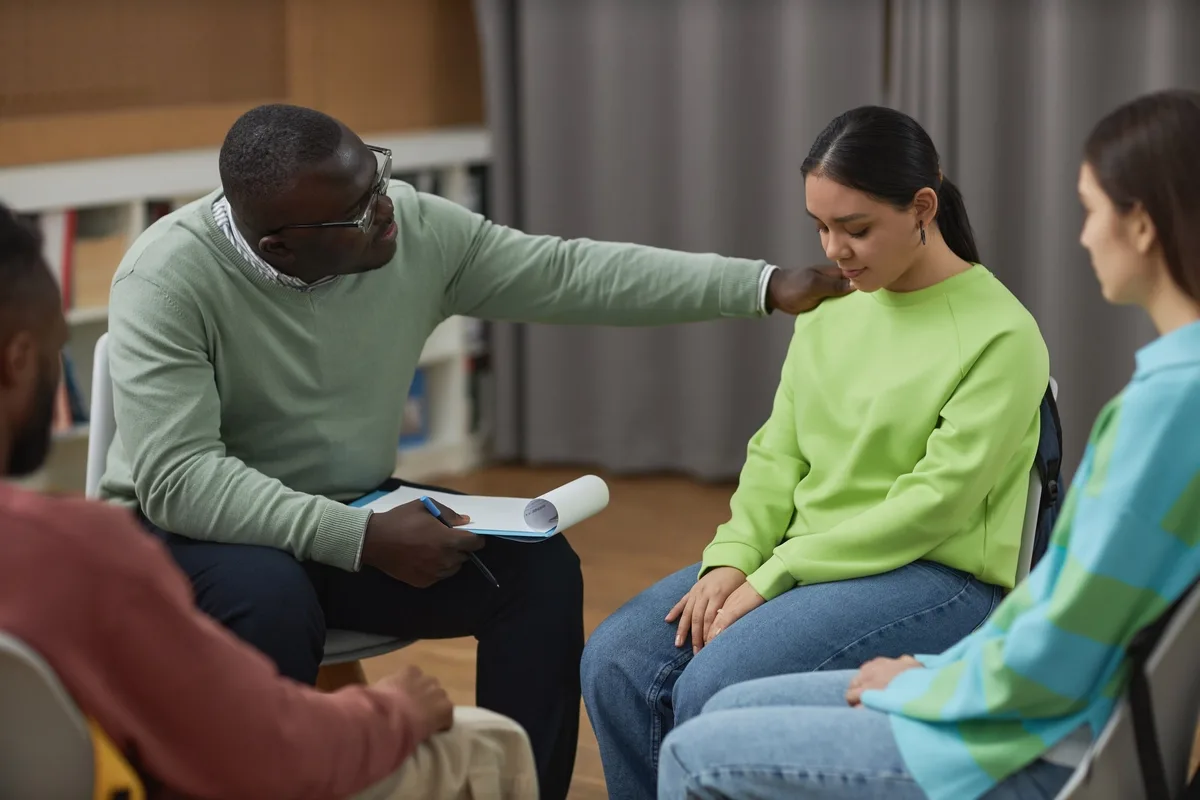24/7 Helpline:
(866) 899-221924/7 Helpline:
(866) 899-2219
Learn more about Fentanyl Rehab centers in Buena Park
Fentanyl Rehab in Other Cities

Other Insurance Options

Horizon Healthcare Service

Oxford

Health Net

Magellan Health

Coventry Health Care

Evernorth
Beacon

AllWell

Highmark

Medical Mutual of Ohio

CareFirst

Optum

Self-pay options

Optima

Carleon

Sutter

ComPsych

BHS | Behavioral Health Systems

Multiplan

UMR

Child Guidance Center
Child Guidance Center is a private rehab located in Buena Park, California. Child Guidance Center sp...

AA – Alcoholics Anonymous
AA – Alcoholics Anonymous is a non-profit rehab located in Buena Park, California. AA – Alcoholics A...















